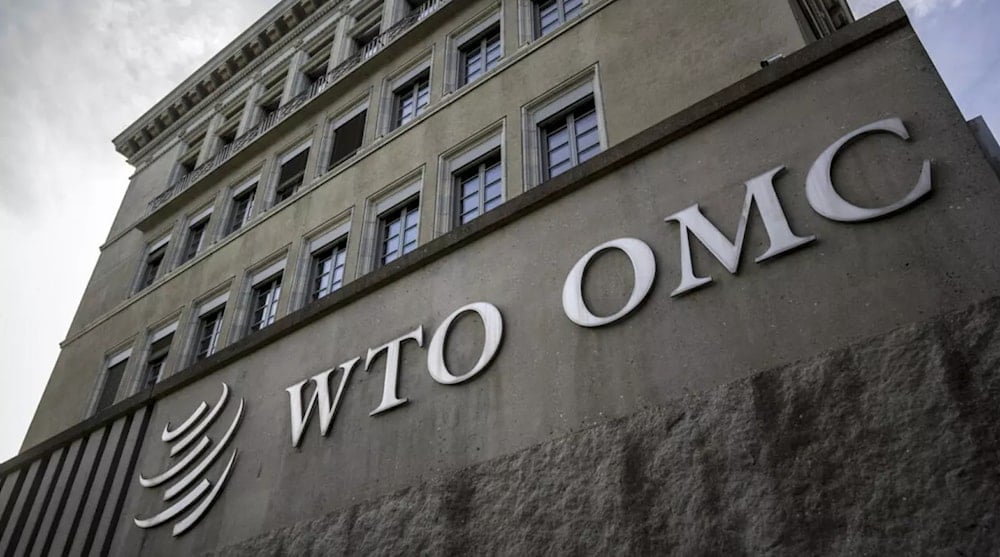India challenges US auto tariffs at WTO amid escalating trade tensions
India has formally challenged US auto import tariffs at the WTO, calling them “safeguard measures” that hurt Indian exporters.
-

The WTO headquarters at the Centre William Rappard in Geneva, Switzerland (AFP)
India has formally launched a challenge at the World Trade Organization (WTO) against the United States over elevated tariffs on imported vehicles and auto components, marking a more assertive trade posture as the two countries attempt to finalize a limited trade agreement before July.
New Delhi notified the WTO on Tuesday that the 25% US tariffs on passenger vehicles, light trucks, and certain automotive parts amount to “safeguard measures” designed to shield American manufacturers from rising imports.
According to the WTO filing, India requested consultations with Washington as the first step in resolving the dispute under the global trade body’s rules.
India’s move comes as the US recently doubled duties on steel and aluminum imports, adding to the strain in trade relations. The formal complaint initiates a WTO auto tariff dispute process that could result in retaliatory action if no resolution is found.
Under WTO procedures, if the parties fail to reach an agreement within 30 days of consultation, India may pursue the suspension of equivalent concessions it currently extends to the United States.
“India considers that the measure, in its design and effect, constitutes a safeguard measure within the meaning of Article XIX of GATT 1994 and the Agreement on Safeguards,” the WTO notification said.
New Delhi calls US duties 'safeguard measures'
India is arguing that the US auto tariffs violate WTO rules on safeguard actions, which require countries to notify and consult partners when introducing trade barriers in response to import surges. By labeling the US duties as illegal safeguard measures, India is laying the legal groundwork for a case that could result in favorable WTO panel findings.
The filing also notes that the US action “affects Indian exporters” and places Indian goods at a competitive disadvantage.
India’s challenge comes amid renewed trade friction driven by US President Donald Trump’s tariff-heavy economic policies. The move coincides with a visit by a US trade delegation in New Delhi aimed at finalizing an interim trade agreement before the July deadline.
As part of its response, India has also warned it may impose retaliatory tariffs on select US products in reaction to Washington’s continued duties on Indian steel and aluminum exports.
India signals retaliation as talks with US continue
According to sources close to the negotiations, India has been emboldened by recent developments, including China’s ability to extract concessions from Washington despite past tensions and legal challenges to Trump’s tariff regime inside the United States.
The WTO filing concludes with India reserving “all its rights under the Agreement Establishing the World Trade Organization and its Annexes,” including the Agreement on Safeguards, a sign that New Delhi may escalate the matter if no compromise is reached soon.
WTO consultation period begins with 30-day deadline
The WTO consultation window gives both countries until mid-July to find a diplomatic solution before the dispute moves into formal adjudication. Whether a resolution will be reached remains uncertain, especially as political and economic pressures mount on both sides.
India’s decision to confront the US over auto tariffs signals a more confident and assertive stance in global trade negotiations, one that could reshape its broader trade strategy in the months ahead.

 3 Min Read
3 Min Read










